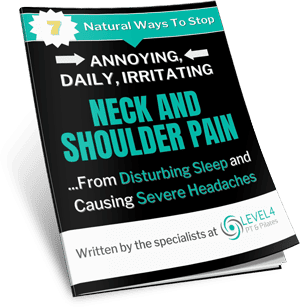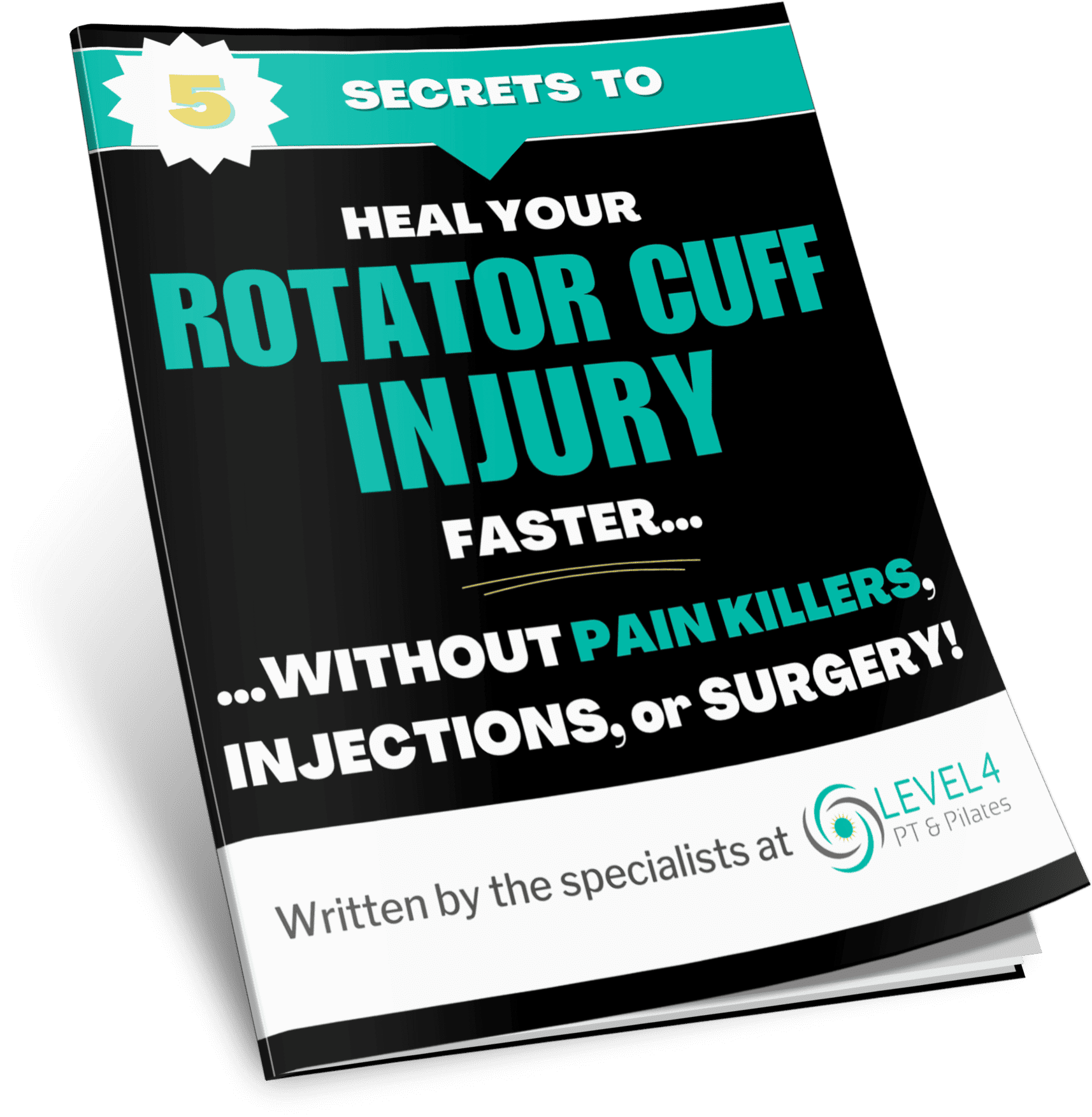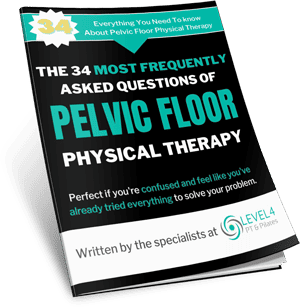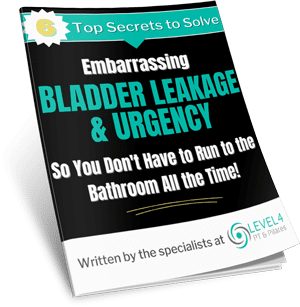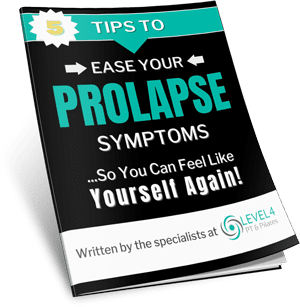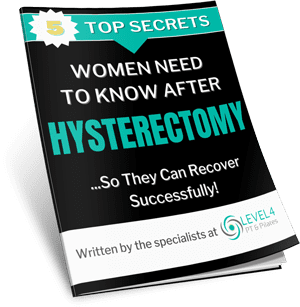Menopause is a natural process that all women go through, usually occurring between the ages of 45 and 55. When a woman goes through menopause, her ovaries stop producing eggs and making hormones such as estrogen and progesterone. This leads to physical and psychological changes in the body, including hot flashes, night sweats, mood swings, difficulty sleeping, and more.
Who Experiences Menopause?
Menopause affects all women, however, the age at which it occurs can vary greatly depending on lifestyle factors like diet and exercise. Women who have gone through early menopause may experience symptoms as early as their 30s or 40s, while those who have gone through late menopause may not experience it until their 50s or even later.
What Triggers Menopause?
Menopause is triggered by a decrease in hormones, usually due to the natural aging process, but can also be brought on prematurely due to surgery, chemotherapy, or radiation treatments. Additionally, lifestyle factors like smoking and drinking can also increase the chances of experiencing menopause earlier than expected.
What Are the Symptoms of Menopause?
The most common symptoms of menopause are hot flashes, night sweats, mood swings, difficulty sleeping, and changes in libido. These symptoms can last anywhere from a few months to several years and will vary from woman to woman. Other symptoms can include dry skin, weight gain, fatigue, and vaginal dryness.
What Can You Do to Relieve Menopause Symptoms?
There are a number of things that you can do to help relieve the symptoms of menopause. Eating a healthy diet full of fruits and vegetables, getting regular exercise, and avoiding certain triggers like alcohol, caffeine, and spicy foods can help. Using a relaxation technique such as yoga or meditation can also be beneficial for managing stress levels. Additionally, there are medications available that can help with hot flashes and other menopause symptoms.
Weight Gain/Weight Loss During Menopause. How Can You Maintain A Healthy
Weight?
Getting Fit During Menopause: Tips and Advice
Menopause is a natural process that all women experience during mid-life. Along with the hormonal changes in your body, you may also be dealing with some unwelcome physical effects such as an increase in weight gain. It can be challenging to maintain a healthy lifestyle during this period of transition. Here are some tips and advice to help you stay fit during menopause.
Eating Habits
It is important to maintain healthy eating habits during menopause. Start by eating a balanced diet, rich in fruits, vegetables, whole grains, lean proteins, and healthy fats like nuts and olive oil. Limit unhealthy processed snacks as much as possible. These tend to be higher in calories and contain unhealthy fats, sugars, and sodium. Eating smaller meals throughout the day can help keep your metabolism running efficiently.
Exercise
In addition to eating healthy, it is important to stay physically active. Regular exercise has a number of health benefits including reduced risk for disease, improved sleep quality, positive moods, and better muscle and bone health. Aim for at least 30 minutes of exercise each day, such as walking, jogging, cycling or swimming. If you are just beginning an exercise routine, start slowly and gradually increase the intensity over time.
Stress Management
Menopause can be a stressful experience and it is important to manage stress levels to promote overall well-being. Try to incorporate activities into your routine that promote relaxation such as yoga, meditation or Tai Chi. Spending time outdoors and connecting with nature can also be a great stress reliever. Additionally, get enough sleep each night and practice mindful breathing techniques when feeling overwhelmed.
Supportive Environment
Surround yourself with people who are supportive of your health goals. Having a good support system will make it easier to stay on track and motivated. Make sure to also set realistic goals for yourself as striving for perfection can be discouraging. Finally, don’t be afraid to find help when needed such as a nutritionist or personal trainer.
By following the tips above, you can stay fit and healthy during menopause. With the right lifestyle strategies, you can maintain your ideal weight and live a healthier life. It is important to remember to be kind and patient with yourself during this time of transition.
Resources
If you are looking for additional advice and tips on staying fit during menopause, there are many online resources available. Websites such as WebMD, Everyday Health and the Mayo Clinic offer helpful articles and advice on menopause topics. Additionally, there are many menopause support groups available that provide a safe environment for women to ask questions and share their experiences. With the right information and support, it is possible to stay fit during this life transition.
Final Thoughts
Menopause can be a difficult time, but it is important to remember that taking care of yourself during this period is an essential part of staying healthy. Eating healthy foods, exercising regularly and managing stress levels are all key elements for staying fit. Finding additional support and resources can also help make the process easier. With dedication and focus, you can stay fit during menopause and enjoy a healthier life.
Though menopause can bring about physical changes to your body, it doesn’t have to mean letting go of your health goals. Eating nutritious foods, exercising regularly and managing stress levels are all important for maintaining your ideal weight during this time of transition. Additionally, having the right support system in place can make it easier to stay motivated and on track. With dedication and focus, you can keep your body fit during menopause and enjoy the benefits of a healthy lifestyle.
How Can You Cope With Menopause?
Menopause can be a difficult time for many women, but there are ways to cope with the changes. Talking to other women who have gone through menopause or joining a support group can help you feel less alone and give you tips on how to manage your symptoms. Additionally, educating yourself about menopause and its effects can be beneficial in helping you understand what is happening in your body. Finally, seeking help from your doctor or a healthcare professional can provide you with more tools to cope with the changes and symptoms associated with menopause.
At the end of the day, every woman’s experience with menopause is different and it can take time to find the right combination of lifestyle changes, medications, and other methods that work for you. With patience and support, it is possible to manage the changes associated with menopause and live a full life.
What Are Some Possible Complications of Menopause?
Though menopause is a natural process, there are potential risks that can come along with it. These include an increased risk of osteoporosis, heart disease, and other health conditions. Additionally, menopausal women may also be at a higher risk of depression or anxiety due to the hormonal changes that occur during this time in their lives. It is important to talk to your doctor if you are experiencing any of these symptoms or conditions so they can provide guidance on how to manage them.
Conclusion
Menopause is a natural process that all women experience, and it can be an emotionally turbulent time. Knowing the symptoms of menopause and understanding what to expect can help you prepare for the changes your body may go through. Additionally, taking proactive steps such as eating a healthy diet, exercising regularly, and seeking medical advice can help you manage any associated symptoms or risks. With patience and support, menopause can be a time of growth and transformation.
How We Can Help At LEVEL4 PT & Pilates…
If you have not yet visited LEVEL4 and still have concerns about the symptoms you are experiencing, you can head over to our site to read more about the issue, and if it continues to be a problem, you can contact us or visit us at LEVEL4 PT & Pilates.
You can schedule a no-obligation (and free!) phone consult or visit us at our Encinitas clinic. Or just give us a call at 760-503-4440.
Until next time,
Dr. Dawn Andalon
Other Free Resources from LEVEL4 PT & Pilates…
Read Our Blog – Why Physical Therapy Can Help With Bladder Leakage
Read Our Blog – 5 Tips If You Are Struggling With Incontinence
Follow Us On Social Media – Facebook, Instagram, and YouTube
- The Link Between Menopause and Back Pain - May 21, 2024
- 3 Proven Ways You Can Relieve Sciatic Pain While Sleeping - September 14, 2023
- Menopause and the Impact It Can Have On Your Weight - August 4, 2023





